Discover Cadence Podcast: What Music Tells us About the Mind
Cadence Podcast: What Music Tells us About the Mind

Cadence Podcast: What Music Tells us About the Mind
Author: Indre Viskontas
Subscribed: 1,229Played: 13,800Subscribe
Share
© All rights reserved
Description
Cadence is a podcast about music: how it affects your brain, your life, and the community in which you live. Join our host, cognitive neuroscientist and classically trained opera singer Indre Viskontas while we talk to scientists, musicians, musicologists, and composers to find answers to some of the biggest questions still surrounding the intersection of music and science. How much can we learn about the mind with music as the lens?
33 Episodes
Reverse
Dr. Ethan Castro and Dame Evelyn Glennie, both hearing impaired percussionists, talk through building successful careers as performers and composers not just despite their hearing challenges but in service of them, and reshaping the music landscape for others in the process.
Cadence is the podcast where we talk about what music can tell us about the mind. Hosted by neuroscientist and musician, Dr. Indre Viskontas, the fourth season will bring you the stories of people who experience music outside the bounds of the average listener, and who use music as a tool to be heard in a society in which they are often ignored.
In a special series within season 4, Indre speaks with Connie Tomaino, executive director and co-founder of the Institute for Music and Neurological Function (IMNF). This episode, Connie talks about how music therapy can benefit patients with dementia.
Cadence is the podcast where we talk about what music can tell us about the mind. Hosted by neuroscientist and musician, Dr. Indre Viskontas, the fourth season will bring you the stories of people who experience music outside the bounds of the average listener, and who use music as a tool to be heard in a society in which they are often ignored.
There are many neurodiverse musicians working professionally in the classical music world, but are orchestras and universities doing enough to make auditioning and playing in an orchestra accessible? Two musicians with autism, Emelyne Bingham and Ryan Fox, as well as conductor Edwin Outwater, share their thoughts.
Cadence is the podcast where we talk about what music can tell us about the mind. Hosted by neuroscientist and musician Dr. Indre Viskontas, the fourth season will bring you the stories of people who experience music outside the bounds of the average listener, and who use music as a tool to be heard in a society in which they are often ignored.
In a special series within season 4, Indre speaks with Connie Tomaino, executive director and co-founder of the Institute for Music and Neurologic Function (IMNF). This episode, Connie shares about the beginnings of her research in the clinical applications of music and neurologic rehabilitation, and the benefits of music and dance therapy for patients with Parkinson's Disease.
Cadence is the podcast where we talk about what music can tell us about the mind. Hosted by neuroscientist and musician, Dr. Indre Viskontas, the fourth season will bring you the stories of people who experience music outside the bounds of the average listener, and who use music as a tool to be heard in a society in which they are often ignored.
This episode, composer and musician Jerome Ellis tells the story of how his stutter has informed his journey as an artist, and how he explores blackness, disability, divinity, nature, sound and time in his work.
Cadence is the podcast where we talk about what music can tell us about the mind. Hosted by neuroscientist and musician, Dr. Indre Viskontas, the fourth season will bring you the stories of people who experience music outside the bounds of the average listener, and who use music as a tool to be heard in a society in which they are often ignored.
S03 Episode 07: Music and Prisons, Part 2 by Indre Viskontas
S03 Episode 06: Music and Prisons, Part 1 by Indre Viskontas
S03 Episode 05: How Music Affects Animals by Indre Viskontas
S03 Episode 04: Music During the Holidays by Indre Viskontas
S03 Episode 03: Why Queer Music Matters by Indre Viskontas
S03 Episode 02: Lullabies and Feelings by Indre Viskontas
S03 Episode 01: The Music of Politics by Indre Viskontas
In this final episode of season 2, we look at the dramatic effects music can have on patients with dementia—in some cases, it can bring back people who seem to be almost completely lost.
This season, we're going to focus on music as medicine—telling the stories of people whose lives have been immeasurably improved with music. In this episode, we talk about William's Syndrome, a genetic condition that causes heart problems, intellectual disabilities and a profound love of music. We hear from 31-year-old Benjamin Monkaba, who has the condition, his mother Terry, and Jennifer Latson, author of The Boy Who Loved Too Much, a book about William's Syndrome.
As we finish up season one, we look back to one of the most famous and strange musical illusions: speech turning into song through repetition. We explore some new research on the relationship between singing and speaking and what happens in the brain when the illusion works. And we look forward to season two, in which we'll focus in on what music can tell us about medicine.
It takes years to train your ears - but not necessarily a music degree. Auditory neuroscientist Nina Kraus tells us how musicians listen and therefore hear differently with training. Orchestral conductor Eric Dudley explains that the secret to getting an orchestra to sync up is teaching them to listen and ukulele player and comedic musician Molly Lewis demonstrates how she taught herself to become a musician by listening better.
In this episode we continue our exploration of how musicians tell time and how anyone embodies pulse. We talk to Dean Buonomano, a neuroscientist who studies time at UCLA and we hear from previous guests: music cognition researcher Jessica Grahn, percussionist Jack van Geem, and film director Jonathan Lynn.
How do our brains tell where the pulse is in music? Can we improve our sense of rhythm or is it something we're just born with? In this episode, we learn how professional percussionist Jack Van Geem became a precision timing machine, and how he teaches his student, Katrina Shore, to develop her skills. We also talk to music cognition researcher Jessica Grahn to find out what's happening in our brains when we feel the beat.
You often hear people say that music is good for your brain because it's the only activity that uses all of it. That's not true. And the truth is actually much more interesting. In this episode, we talk to auditory neuroscientist Nina Kraus, who explains how musical training changes what we hear, or, more specifically, how we listen.
Is there music that is considered universally great? Why do some composers from 18th century European countries still sell out concert halls hundreds of years later, while most of their contemporaries have been forgotten? Is their music really that much better? Or have we convinced ourselves that it's better because we know that we're supposed to like it?


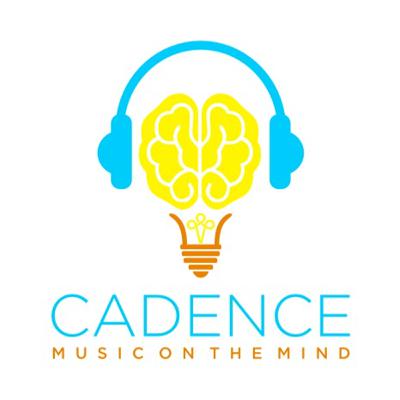
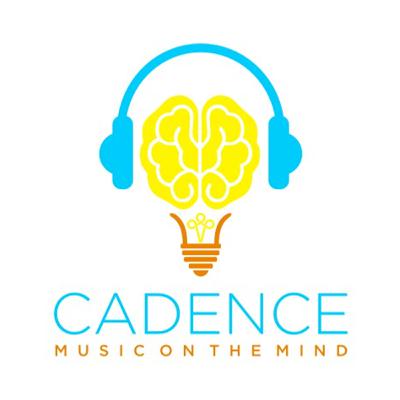
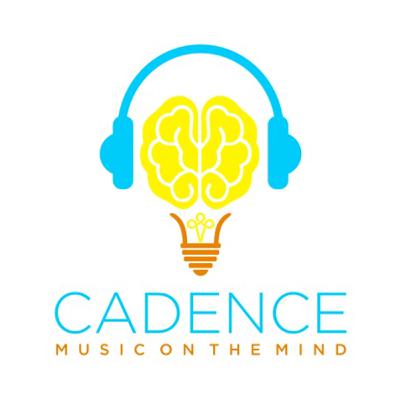
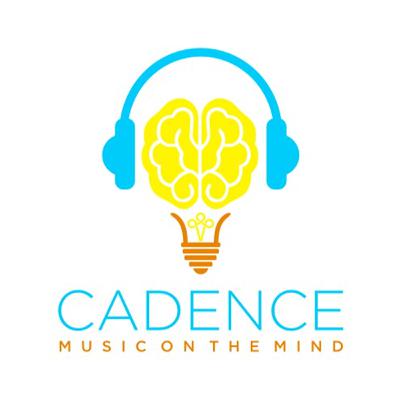
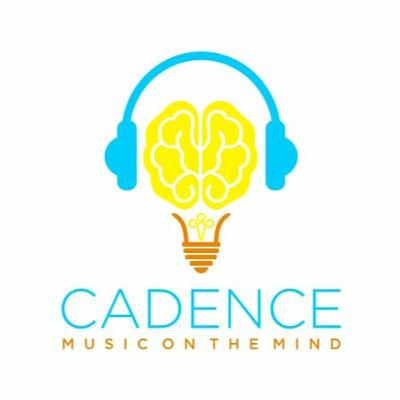

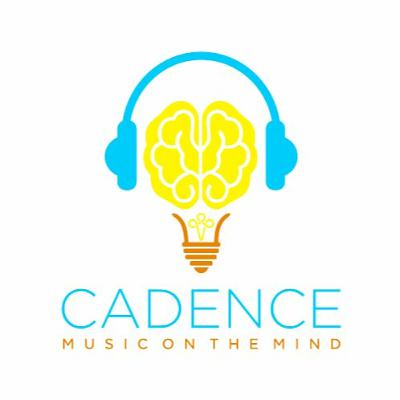
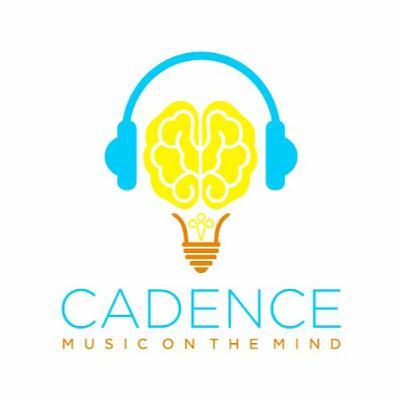

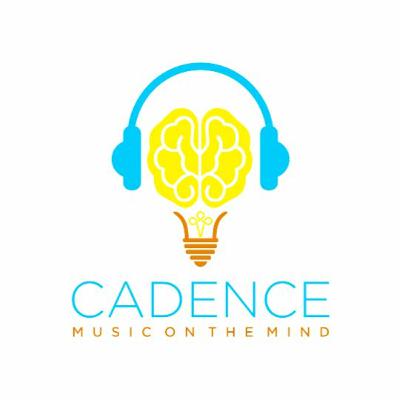
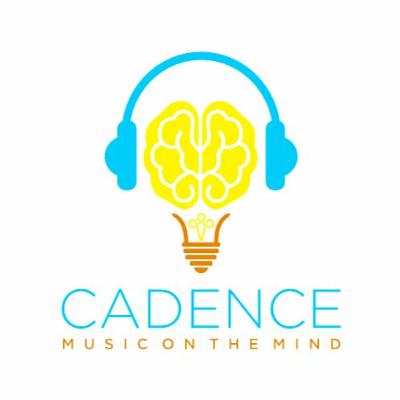




Cochlear implants
Ethiopia Oromo Music Videos Apple Music
looks like found what I've been looking for.
Absolutely LOVE Cadence! Thank you for the brilliant merge of music & medicine. ❤️